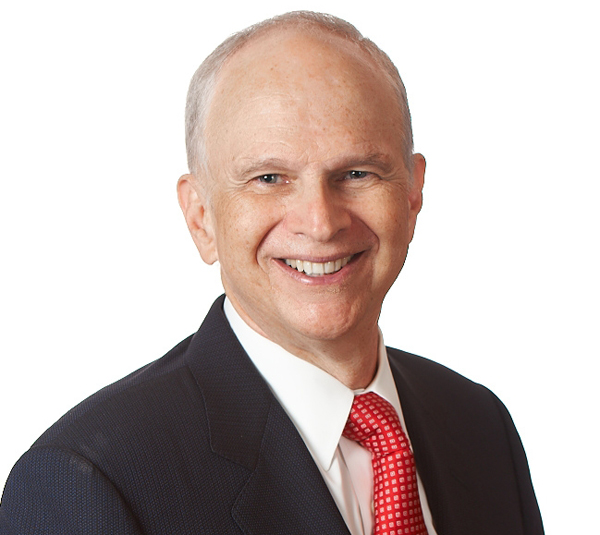
Conrad Murray was convicted in November 2011 of involuntary manslaughter in the death of pop icon Michael Jackson prior to a 2009 comeback tour.
But the key question under examination in the civil lawsuit Katherine Jackson v. AEG Live L.L.C. is whether the buck should stop there.
Westport attorney and medical malpractice specialist Michael Koskoff and three of his colleagues are in Los Angeles as members of the Jackson family”™s legal team, which is claiming that tour producer AEG hired Murray and that as his employer, it should be held liable for the singer”™s premature death.
While the outcome of the case could have billion-dollar implications for both parties, Koskoff ”” senior partner at Koskoff Koskoff & Bieder P.C. ”” said many of the legal arguments in the case could just as easily be applied elsewhere.
“I think in general the lesson that an employer has to take out of this is that they do have to exercise reasonable care in hiring an independent contractor when they”™re doing it on behalf of a third party,” Koskoff said. “When they are selecting an independent contractor for a third party and paying an independent contractor for a third party, they can be liable to the third party for damages that are caused.”
In Jackson v. AEG, some of the pivotal questions are whether Murray ”” who had treated Jackson prior to his preparations for the 2009 AEG tour ”” was actually hired by AEG, whether he was strictly an agent, servant or employee of AEG, and whether AEG was negligent in its supervision of Murray.
Just as a bus company would be held responsible for an accident caused by one of its drivers, “the law is that an employer is responsible for all agents, servants and employees who are directly answerable to that employer,” Koskoff said.
But this particular case is slightly different, he said, because Murray was hired as a doctor “and doctors by their very nature are not essentially agents of the employers but they are independent contractors.”
Jackson family lawyers say they may seek up to $5 billion in damages. The trial, which began with opening statements April 29, is expected to last two to three months.
Lawyers for AEG, a global entertainment company, have said Murray was chosen by the singer himself and that Murray”™s $150,000-a-month salary was to come directly out of Jackson”™s earnings for the tour.
Evidence that has been introduced over the course of the trial throws that assertion into question, Koskoff said, pointing to an email sent from an AEG executive to tour director Kenny Ortega just weeks before Jackson”™s death. The email, referring to Murray, said, “We want to remind him that it is A.E.G., not M. J., who is paying his salary. We want to remind him what is expected of him.”
Koskoff said the plaintiffs are trying to prove that Michael Jackson had a drug addiction, that the tour promoters knew about it, and that they should have been on notice that “this guy (Conrad) is someone to be concerned about, that this is someone who is feeding that addition rather than actually acting as an independent doctor.”
He said similar criteria could apply to a general contractor working on a home or a building. “If you hire a general contractor to work on your house and the general contractor hires an electrician who has no credentials and your house burns down because of improper wiring, the general contractor could well be responsible for that if they hadn”™t exercised reasonable care in the selection of the electrician.”
















